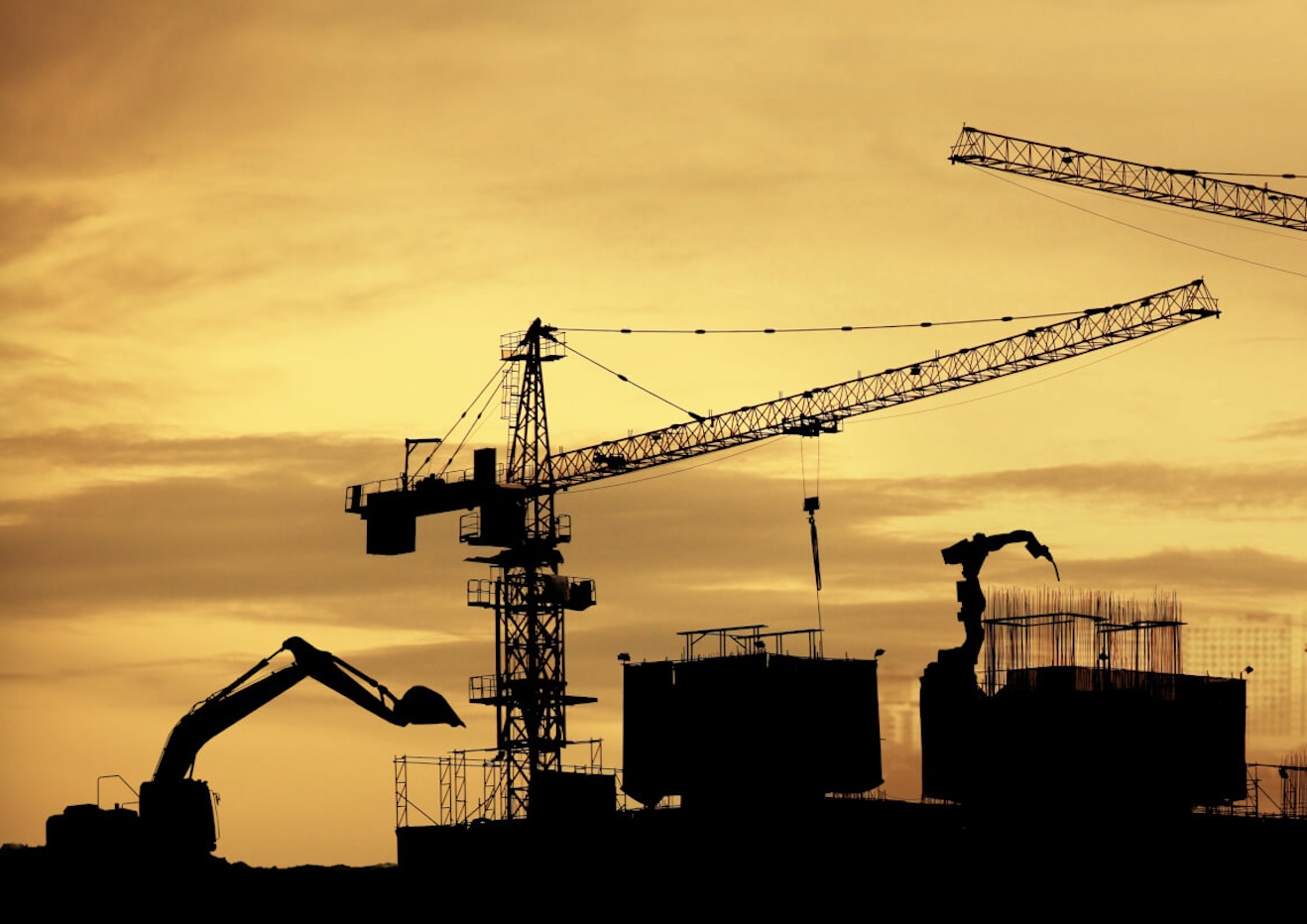Have a story idea
Have a story idea? Send it to us here.

Source : Flickr
April 17, 2025
Author : Alex Bustillos
The Trump administration has imposed tariffs on key construction materials, raising concerns about cost spikes and delays for public infrastructure projects nationwide.
In February 2025, President Donald Trump reinstated a 25% tariff on steel imports and raised aluminium tariffs to the same level. This move is intended to support domestic industries and production. However, it has raised concerns within the construction industry, especially for public sector infrastructure projects that are currently underway and operating under tight and fixed budget constraints.
The tariffs are expected to drive up material costs, putting pressure on budgets and potentially delaying projects. The National Association of Home Builders estimates the new tariffs could add between $1,000 and $7,500 to the cost of a single-family home. For larger government projects, this can result in significant budget overruns and scheduling challenges.
Contractors on public projects are expected to feel the impact most. In contrast to private construction contracts, public sector-based projects sometimes have to strictly follow the rules and limit flexibility on cost adjustments once contracts are received. Builders locked into contracts before the tariff changes now face added financial strain.
Industry leaders have conveyed concern over the extensive economic consequences. Thomas Hasler, CEO of Sika, says optimism in the U.S. construction sector has dropped due to uncertainty over the administration’s tariff policies. Likewise, Caterpillar estimates a negligible decrease in sales for the year 2025, blaming part of this downtrend on economic headwinds being caused by tariffs.
Additional tariffs on copper and lumber are also under consideration, which may influence the costs of construction. These steps could delay the progress on planned infrastructure, housing and energy projects. Jeffery Shoaf, CEO of Associated General Contractors, says that rising materials costs will make it more expensive to build new infrastructure, housing, and economic development projects.
While the tariffs are meant to boost domestic supply chains and job growth, contractors say the short-term costs could outweigh any long-term gains - especially for projects already in the pipeline.
Agencies may need to adjust procurement strategies, shift budgets, or delay lower-priority projects. As the complete impact of these changes becomes clear, construction stakeholders in both public and private sectors are closely monitoring the situation. Many are revisiting bids, seeking exemptions, and asking for clearer guidance from federal agencies.
With materials already accounting for a major share of project budgets, the coming months will be crucial. Contractors may need to factor tariff risks into future bids. While agencies may look for alternative sourcing or flexible contract terms to adapt.
Category : Federal Government Market Watch Material Costs
